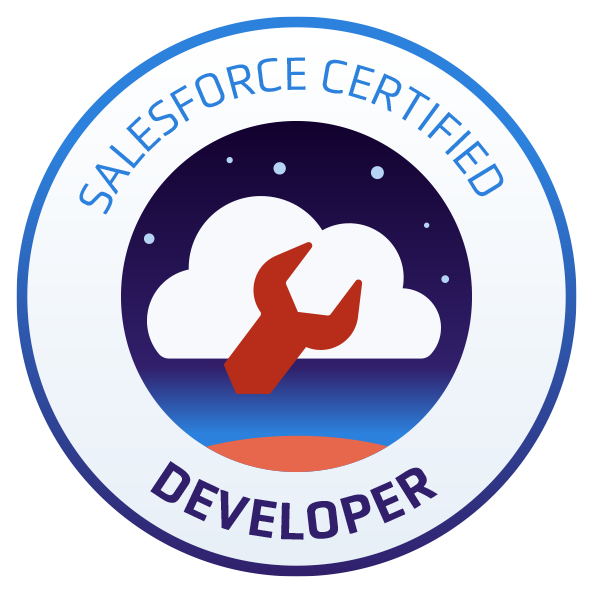
Career Spotlights
Salesforce Developer
How much do Developers make?
What factors impact your earning potential as a Developer?
| Important | Neutral | Unimportant | |
|---|---|---|---|
| Years of technical experience with Salesforce | 100% | 0% | 0% |
| Years of experience in IT | 97% | 3% | 0% |
| Salesforce certifications | 85% | 10% | 5% |
| Exposure to large projects | 79% | 18% | 3% |
|
Becoming a Salesforce product specialist (e.g. working with Salesforce Industries [Vlocity], CPQ, FSL, Sales and Service Cloud) |
69% | 26% | 5% |
| College/University degree(s) | 69% | 15% | 15% |
| Specific vertical industry experience | 66% | 28% | 5% |
| Working with AI | 53% | 29% | 19% |
Years of technical experience with Salesforce
| Important | Neutral | Unimportant |
|---|---|---|
| 100% | 0% | 0% |
Years of experience in IT
| Important | Neutral | Unimportant |
|---|---|---|
| 97% | 3% | 0% |
Salesforce certifications
| Important | Neutral | Unimportant |
|---|---|---|
| 85% | 10% | 5% |
Exposure to large projects
| Important | Neutral | Unimportant |
|---|---|---|
| 79% | 18% | 3% |
Becoming a Salesforce product specialist (e.g. working with Salesforce Industries [Vlocity], CPQ, FSL, Sales and Service Cloud)
| Satisfied | Neutral | Dissatisfied |
|---|---|---|
| 69% | 26% | 5% |
College/University degree(s)
| Important | Neutral | Unimportant |
|---|---|---|
| 69% | 15% | 15% |
Specific vertical industry experience
| Important | Neutral | Unimportant |
|---|---|---|
| 66% | 28% | 5% |
Working with AI
| Important | Neutral | Unimportant |
|---|---|---|
| 53% | 29% | 19% |
What steps should you take to become a Developer?
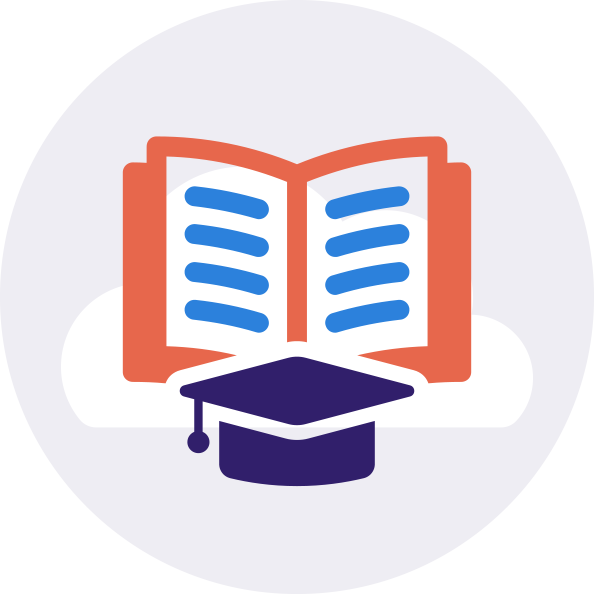
Education
An obvious starting point for what you may need is qualifications, and 83% of Developers hold at least a Bachelor’s degree. However, only 69% consider a degree to be an essential factor when it comes to increasing earning potential, and even less (24%) consider that a degree is needed to work with Salesforce.
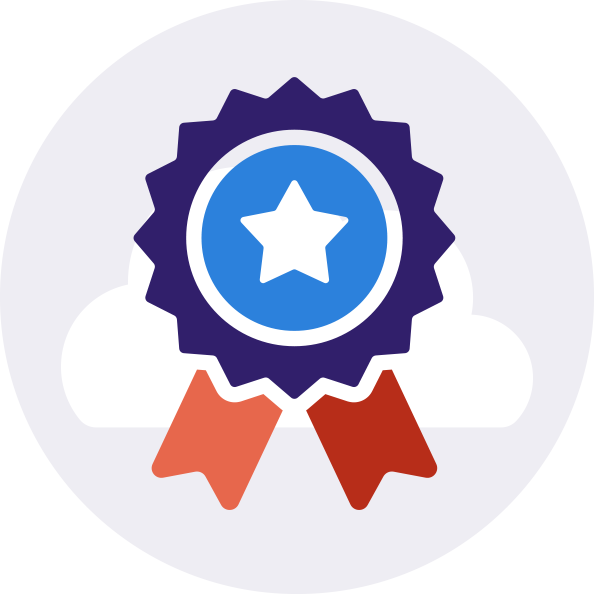
Certification
Salesforce certifications are a great way of expanding your skill set, as well as offering a way to verify them to potential employers.
Of the Developers that participated in this guide, 95% of them are certified, and 86% of those respondents believe that certifications help candidates stand out in a competitive job market.
Budding Developers are spoiled for choice when it comes to Salesforce certifications, with 11 accreditations currently available covering a number of apps and specialisms.
First up is Platform Developer I, which will verify your ability to develop and deploy customer interfaces and workflows. Then, the Platform Developer II cert will take an even deeper dive into the role.
And when you want to learn more about specific platforms, there are nine other certifications you can get stuck into to help you master different areas of Salesforce programming, including:
- JavaScript Developer I
- Marketing Cloud Developer
- B2C Commerce Developer
- Industries CPQ Developer
- Platform App Builder
- OmniStudio Developer
- MuleSoft Developer I
- MuleSoft Developer II
- Hyperautomation Specialist
What Salesforce certifications do Developers hold?
Roles that can lead on to becoming a Developer
Salesforce Developers come from all across the tech space; and even beyond. Their journey often begins in other areas of tech, leveraging existing coding skills. For instance, those with experience in web development, particularly JavaScript, find a smooth transition due to Salesforce’s JavaScript-based framework. Even without a strong coding foundation, individuals can become Salesforce Developers. JavaScript’s accessibility makes it a popular starting point for those keen to learn programming and explore Salesforce development opportunities. Roles related to systems administration are also common.
Here are a few roles that can lead you into Salesforce development:
- JavaScript Developer
- Junior Software Developer
- Salesforce Administrator
- QA/UAT Tester
What skills and experience should a Developer have?
Technical skills for Salesforce Developers
- APEX: Proficiency in Salesforce's object-oriented programming language
- SOQL and SOSL: Mastery of Salesforce Object Query Language and Salesforce Object Search Language
- Visualforce: Knowledge of building custom user interfaces
- Lightning Component Framework: Understanding of building dynamic web applications
- JavaScript: Proficiency in JavaScript for front-end development
- Data management: Ability to design and implement data models
- Integration: Experience with integrating Salesforce with external systems
- Version Control: Understanding of Git or other version control systems
- Deployment: Knowledge of deployment processes and tools
- Testing: Proficiency in writing unit, integration, and system tests
Soft skills for Salesforce Developers
- Problem solving: Ability to analyze and resolve complex issues
- Communication: Effective communication with both technical and non-technical stakeholders
- Teamwork: Collaboration with other developers, business analysts, and administrators
- Adaptability: Flexibility to adapt to changing requirements and technologies
- Attention to detail: Meticulous approach to code and documentation
- Time management: Ability to prioritize tasks and meet deadlines
- Customer focus: Understanding and meeting the needs of end-users
- Continuous learning: Commitment to staying updated with Salesforce advancements
What are the opportunities for progression for a Developer?
Salesforce Developer
Specialist Salesforce Developer
Tech Lead
Salesforce Architect
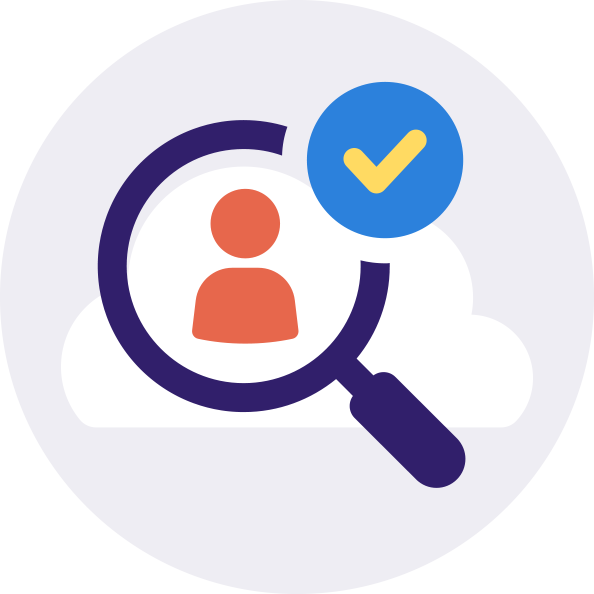
Are you looking to hire Salesforce professionals?
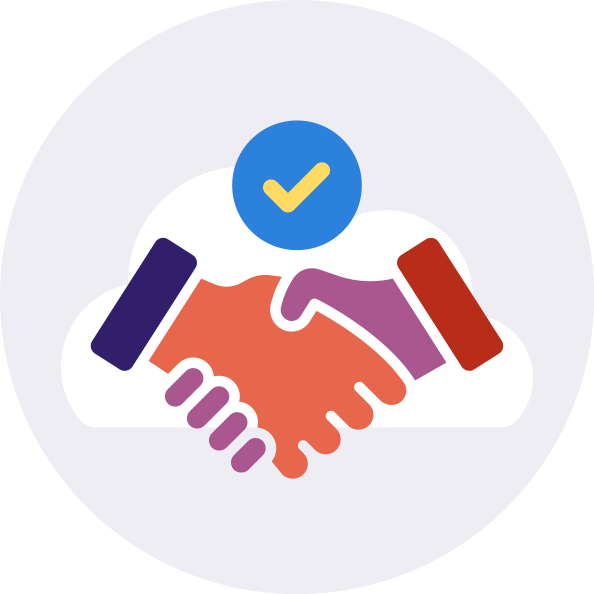
Are you a job seeker?
MASON FRANK’S
CAREERS AND HIRING GUIDE
KEY FINDINGS 2025



